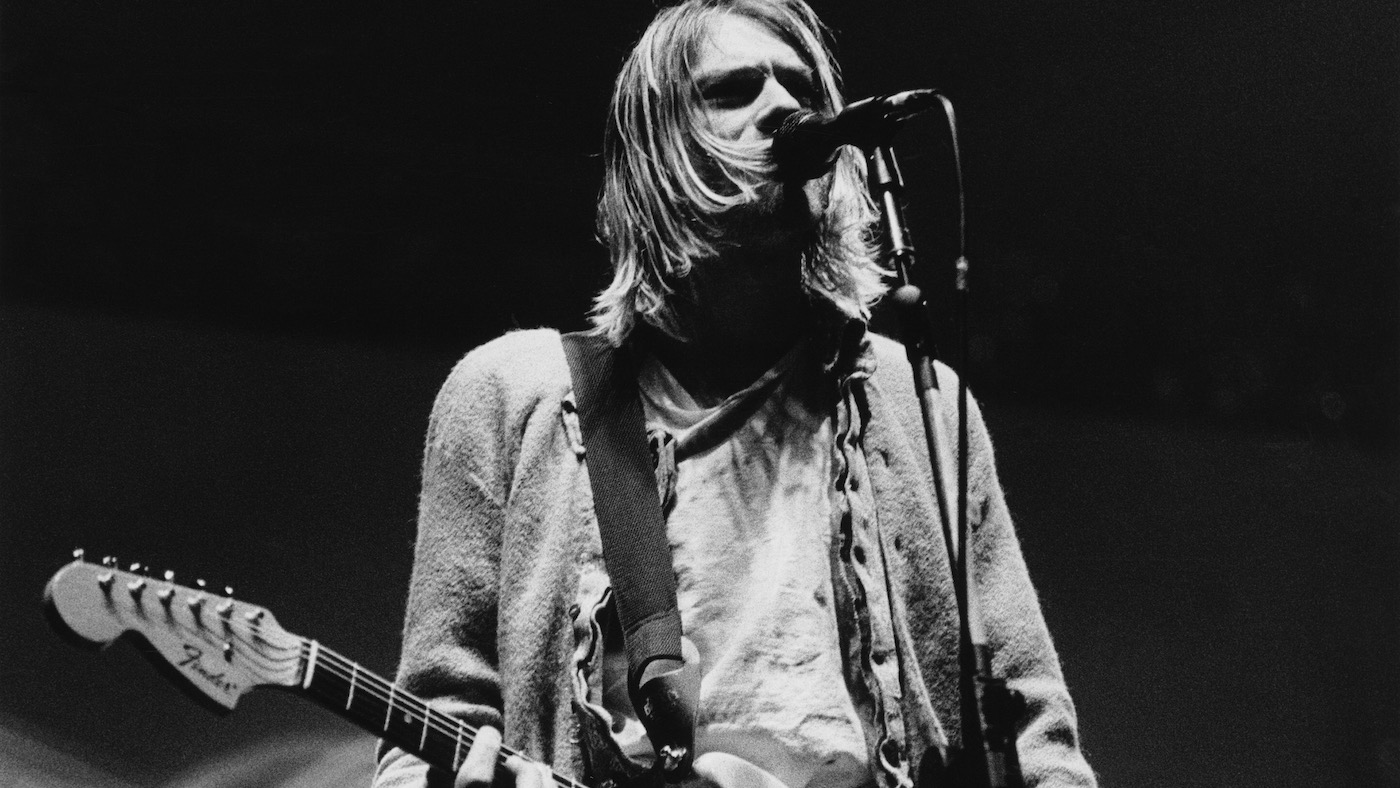When Kurt Cobain knocked on the Melvins’ dressing room door in Munich on the evening of March 1, 1994, Buzz Osborne initially assumed that Nirvana’s frontman was just making a courtesy call. Cobain had personally invited his friends from Montesano, Washington to open for Nirvana on the European leg of their In Utero tour, and, post-show, Cobain would regularly drop by to congratulate the group on another job well done. But not tonight. Instead, Cobain informed Osborne that this would be the final night of the tour, as he wanted to quit Nirvana, end his marriage and go home.
“I should just be doing this solo,” Cobain told Osborne.
“In retrospect,” Osborne would later tell Seattle music writer Charles R. Cross, “he was talking about his entire life.”
Days earlier, in Slovenia, Cobain had told his not-entirely-surprised bandmates Krist Novoselic and Dave Grohl that he wanted to pull the plug on the tour. This, he was told, would cost Nirvana tens of thousands of dollars, as the Seattle band hadn’t taken out cancellation insurance on the tour, which was scheduled to end in Dublin, Ireland on April 8.
“So, if somebody died, we’d still have to do the shows?” Cobain asked sarcastically.
Death, the singer was informed, would be the only acceptable reason to quit.
On the stage of Munch’s Terminal Einz club on the night of March 1, Cobain”s lack of enthusiasm and passion would have shamed a zombie. A mid-set power cut only darkened his mood further. When the show ended, Cobain told his booking agent to cancel the next gig. Two days later, in a hotel room in Rome, Cobain composed a suicide note - “Like Hamlet, I have to choose between life and death. I’m choosing death” - and attempted to take his own life via an overdose of painkillers. The official line given to the world’s media - and indeed his bandmates - was that this was an accidental overdose.
“So Krist and I get on the phone,” Dave Grohl told Classic Rock’s Paul Brannigan 15 years later. “And then someone says, ‘He’s okay, he’s just in a coma, he’s not dead.’ It was so chaotic and crazy… it was so weird, and surreal, that 28 hours ago I was hanging out with these people. But then someone called and said that he died, and I lost it, I just fucking lost it.“
‘He came home, and we talked on the phone,” Grohl recalled. “And I told him, ‘Man, Kurt, fuck ...’ I didn’t tell him that someone had told me that he’d died, but I told him that I was terrified and so worried. And he was really apologetic, like, ‘So sorry, I was partying and drinking and I wasn’t paying attention to what I was doing.’ And I said, ‘Listen, I don’t think you should die!’ And then, I think, well, then, you know what happened…”
Heart-Shaped Box, song number 23 on Nirvana’s Munich set-list, and the lead single from their acclaimed third studio album, In Utero, would be the final song Kurt Cobain ever played onstage. If it sounded raw and rough on the night, in the wake of Cobain’s death by suicide on April 5, 1994, it sounds poignant and desperate in equal measure, imbued with too much meaning and too much pain.

